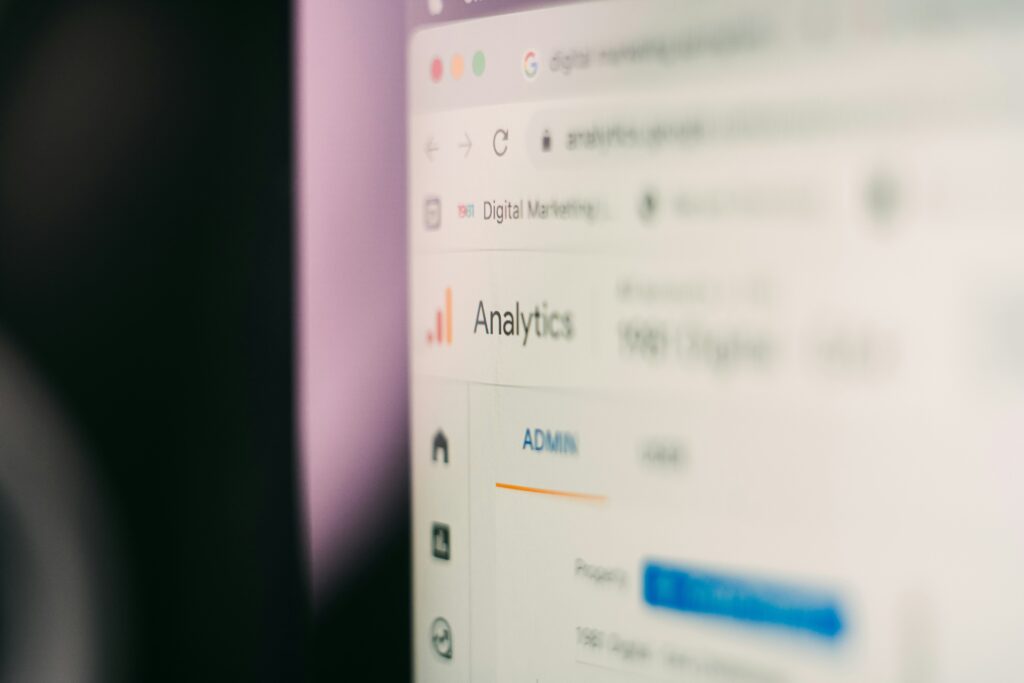
Learn the fundamentals of SEO. Understand key concepts such as keyword research, on-page optimisation, link building, and technical SEO to get ahead.
Search Engine Optimisation (SEO) is the art and science of improving your website’s visibility on search engines like Google, making it easier for potential users to find your content. SEO might seem overwhelming for beginners, but understanding a few core concepts can set you on the path to mastering this invaluable skill.
Understanding Keyword Research
Keyword research involves identifying words and phrases your target audience searches for online. These keywords act as a bridge between your content and your audience.
- Use tools like Google Keyword Planner to discover popular search terms in your niche.
- Focus on long-tail keywords (e.g., “how to bake gluten-free bread”) as they often have lower competition and higher conversion potential.
- Consider search intent. Are users looking for information, making a purchase, or seeking a specific website?
Maximising On-Page Optimisation
On-page SEO refers to optimising elements on your website to improve its search engine rankings.
Title Tags and Meta Descriptions: Write clear, concise, and compelling titles (under 55 characters) and meta descriptions (under 155 characters) that include your target keywords.
Header Tags (H1, H2, H3): Use headings to structure your content and make it easier for users and search engines to read.
Content Quality: Create unique, informative, and engaging content directly addressing user needs. Tools like Grammarly and Hemingway Editor can help improve readability.
Image Optimisation: Compress images for faster loading and use descriptive, keyword-rich alt text for accessibility.
Exploring Technical SEO
Technical SEO involves optimising the backend of your website to help search engines crawl and index your content effectively.
You can begin by ensuring your site is mobile-friendly using Google’s Mobile-Friendly Test. Then, use Google PageSpeed Insights to check and improve page load speed. You should also create and submit a sitemap to search engines via Google Search Console. Following these steps will make your site more visible.
Getting Started with Link Building
Link building is the process of acquiring hyperlinks from other websites to your own. Search engines see these links as votes of confidence, which can improve your rankings.
There are several ways you can build links, including publishing valuable resources others want to link to or writing guest blogs for reputable websites that include a link back to your site. You can also contact relevant websites and ask them to link to your content if it adds value for their audience.
Using Helpful Tools and Resources
There are abundant resources available online you can use to learn about SEO. Award-winning digital agency Viaduct Generation has a comprehensive SEO glossary and regularly updates its blog to keep you informed, while sites like Moz and Ahrefs offer invaluable insights and tutorials for ongoing learning.
You’ll also find free SEO tools, such as Yoast SEO, Google Analytics, and Google Search Console, for monitoring and improving your website’s performance.
An Ongoing Education
SEO is ever-evolving, but with consistent effort, ongoing learning, and hands-on experience, you can develop a strong foundation and achieve long-term success.